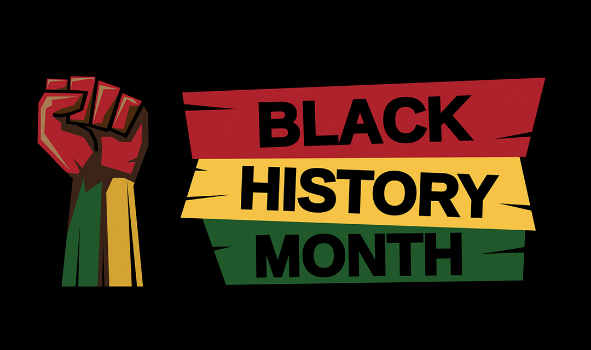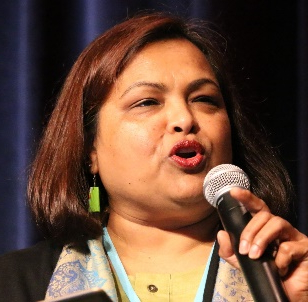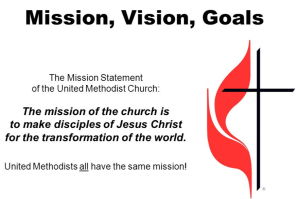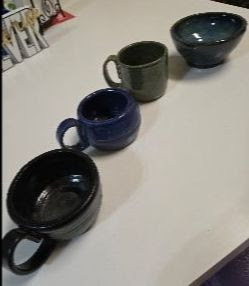Dear Broadway Family,
As we continue to observe Black History Month I cannot but reflect also on the many ways in which the church, in general, and our Methodist denomination in particular, have caused much harm to our African American siblings.

Even though John Wesley, the founder of the Methodist movement, in 1774 in his 'thoughts upon slavery' insisted that the concept of enslaving other people was based on “false foundations,” and in 1785, the first Book of Discipline published by the Methodists included a piece of church legislation that any church member who buys or sells slaves is “immediately to be expelled” from membership, “unless they buy them on purpose to free them,” and in 1800, the General Conference issued a “Pastoral Letter on Slavery,” declaring the enslavement of Black people “the great national evil” of the United States, this antislavery dedication faded and the church found ways to dishonor its founders, eventually causing a split in the denomination over slavery, and the AME (African Methodist Episcopal Church), AMEZ (African Methodist Episcopal Zion) and CME (Christian Methodist Episcopal -- formerly known as Colored Methodist Episcopal) denominations were birthed. All those branches of the Methodist family still exist and function as sibling denominations to the United Methodist Church. As these denominations formed many African Americans left the original Methodist denomination and joined these new denominations, but some persisted! Their tenacity and resilience influenced the denomination and the country. Ida B Wells (a Methodist) was one of the seasoned veterans in the fight for women's suffrage. Mary McLeod Bethune was a lay delegate to General Conference four times, advocating for the elimination of the segregated Central Jurisdiction. Bishop Leontine Kelly broke ground by becoming the second female bishop in the history of The United Methodist Church, and the first African American female bishop of any major denomination in the world. Her influence reached across the globe which resulted in the establishment of Africa University in 1988, the first United Methodist university on the African continent.
Like these women, many more African Americans continue to serve the United Methodist Church, challenging the church to repent and work towards becoming an anti-racist church. We have a long way to go, but I am grateful to all those who have paved the way for you and for me to enjoy the fruits of their labor. It is also our responsibility, however, to continue the work that they began and demand justice and reparations and strive for a church where all will be welcome regardless of our color or race, identity or orientation, gender or age.

Friends, it is time we resist any temptation to give up, persist in our quest and reclaim our place in the church. Let us also remember to ‘do no harm,’ which in our current reality means we be cautious when we are around other people, wear a double mask (as has recently been suggested by health experts), continue to wash hands and stay home as much as possible. Together we can overcome both the viral pandemic and the racial pandemic that has infected our country for hundreds of years. Let us continue to be agents of love and peace in this world and reclaim our faith in God who is neither biased nor partial. And remember, I am always your partner in this work of justice!




